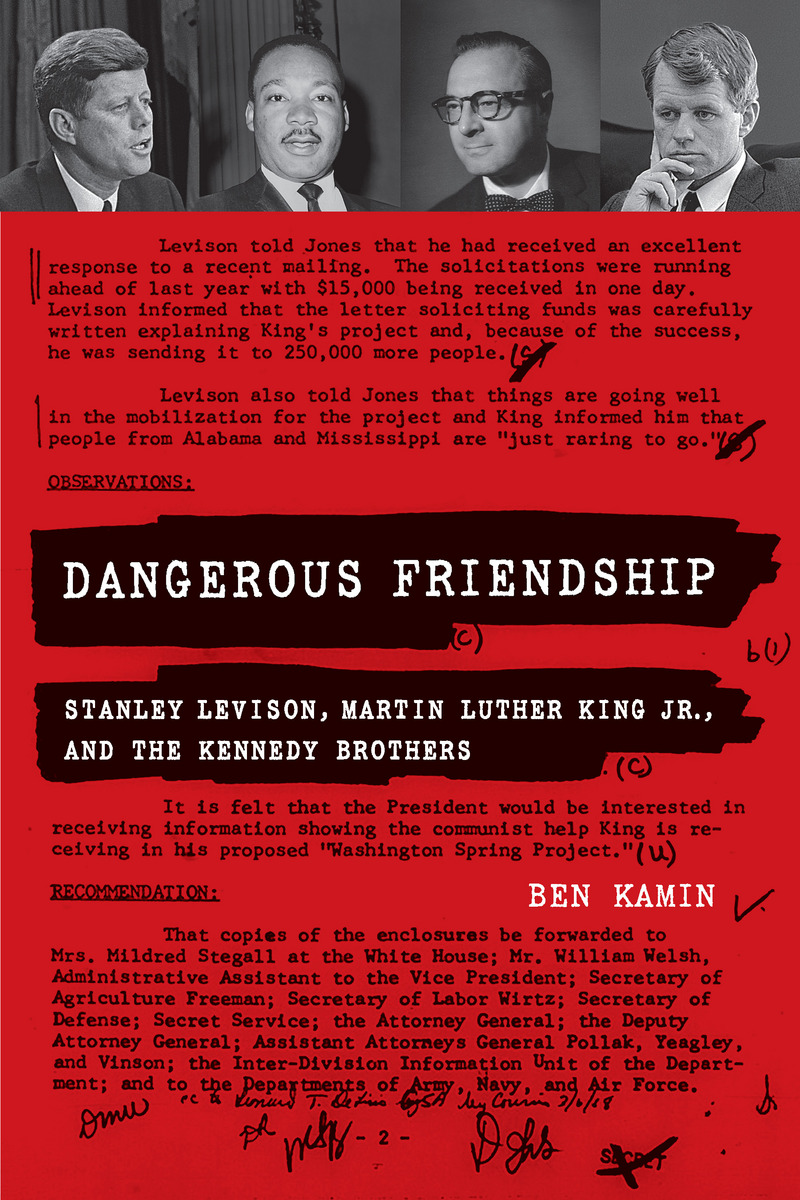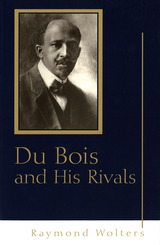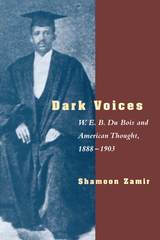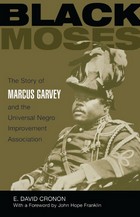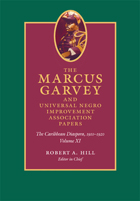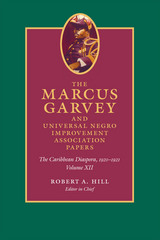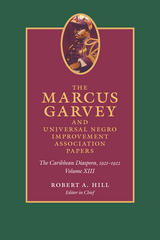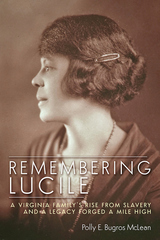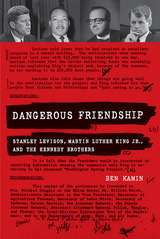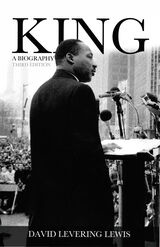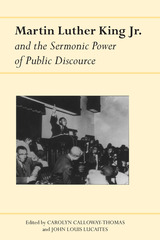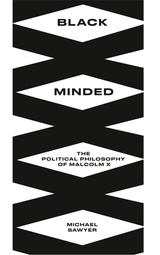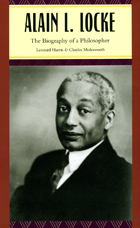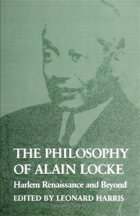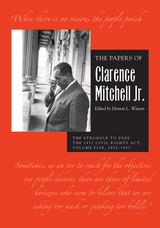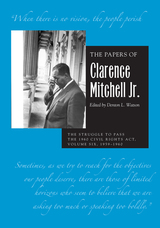Dangerous Friendship: Stanley Levison, Martin Luther King Jr., and the Kennedy Brothers
Michigan State University Press, 2014
eISBN: 978-1-60917-416-3 | Paper: 978-1-61186-131-0
Library of Congress Classification E185.97.K5K37 2014
Dewey Decimal Classification 323.0922
eISBN: 978-1-60917-416-3 | Paper: 978-1-61186-131-0
Library of Congress Classification E185.97.K5K37 2014
Dewey Decimal Classification 323.0922
ABOUT THIS BOOK | AUTHOR BIOGRAPHY | REVIEWS | TOC | REQUEST ACCESSIBLE FILE
ABOUT THIS BOOK
The product of long-concealed FBI surveillance documents, Dangerous Friendship chronicles a history of Martin Luther King Jr. that the government kept secret from the public for years. The book reveals the story of Stanley Levison, a well-known figure in the Communist Party–USA, who became one of King’s closest friends and, effectively, his most trusted adviser. Levison, a Jewish attorney and businessman, became King’s pro bono ghostwriter, accountant, fundraiser, and legal adviser. This friendship, however, created many complications for both men. Because of Levison’s former ties to the Communist Party, FBI director J. Edgar Hoover launched an obsessive campaign, wiretapping, tracking, and photographing Levison relentlessly. By association, King was labeled as “a Communist and subversive,” prompting then–attorney general Robert F. Kennedy to authorize secret surveillance of the civil rights leader. It was this effort that revealed King’s sexual philandering and furthered a breakdown of trust between King, Robert F. Kennedy, and eventually President John F. Kennedy. With stunning revelations, this book exposes both the general attitude of the U.S. government toward the privacy rights of American citizens during those difficult years as well as the extent to which King, Levison, and many other freedom workers were hounded by people at the very top of the U.S. security establishment.
See other books on: 1917-1963 | Civil rights movements | Communists | Friends and associates | Kennedy, John F. (John Fitzgerald)
See other titles from Michigan State University Press
